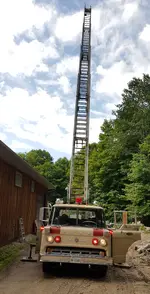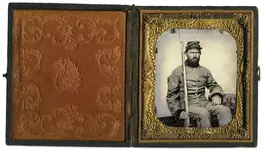Msbeepbeep
Platinum Member
Good morning crew mates.
Glad your ok RR. Hope the car gets replaced.
ECS glad your well and it wasn't covid.
Happy Canada Day to all you north of the covid line, stay safe! ...pssst, don't open the boarder yet.
This is a Hi & bye. I thought I could drop in before rug rats got up...I was wrong.
Seems they are wired directly into the tablet.
And I have been informed the tablet is needed else ware, because we are running out of crayons (there goes my fun!)
Sunday we had hail and a down pour like I've never seen here, total white out couldn't see a foot from the window.
It flooded a hospital a few towns over.
Pepper, thanks for the key...free rum for all!
As long as we keep Captain's cup full, he won't mind. I
I
Gotta go some one is way too quiet!
Glad your ok RR. Hope the car gets replaced.
ECS glad your well and it wasn't covid.
Happy Canada Day to all you north of the covid line, stay safe! ...pssst, don't open the boarder yet.
This is a Hi & bye. I thought I could drop in before rug rats got up...I was wrong.
Seems they are wired directly into the tablet.
And I have been informed the tablet is needed else ware, because we are running out of crayons (there goes my fun!)
Sunday we had hail and a down pour like I've never seen here, total white out couldn't see a foot from the window.
It flooded a hospital a few towns over.
Pepper, thanks for the key...free rum for all!
As long as we keep Captain's cup full, he won't mind.
 I
IGotta go some one is way too quiet!








 HAPPY CANADA DAY!
HAPPY CANADA DAY!
